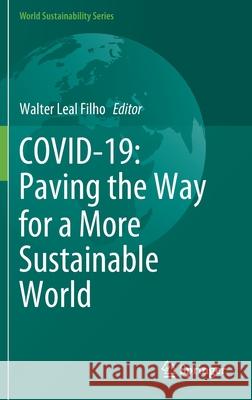Covid-19: Paving the Way for a More Sustainable World » książka
topmenu
Covid-19: Paving the Way for a More Sustainable World
ISBN-13: 9783030692834 / Angielski / Twarda / 2021 / 480 str.
Kategorie BISAC:
Wydawca:
Springer
Seria wydawnicza:
Język:
Angielski
ISBN-13:
9783030692834
Rok wydania:
2021
Wydanie:
2021
Numer serii:
000763600
Ilość stron:
480
Waga:
0.86 kg
Wymiary:
23.39 x 15.6 x 2.69
Oprawa:
Twarda
Wolumenów:
01
Dodatkowe informacje:
Wydanie ilustrowane











